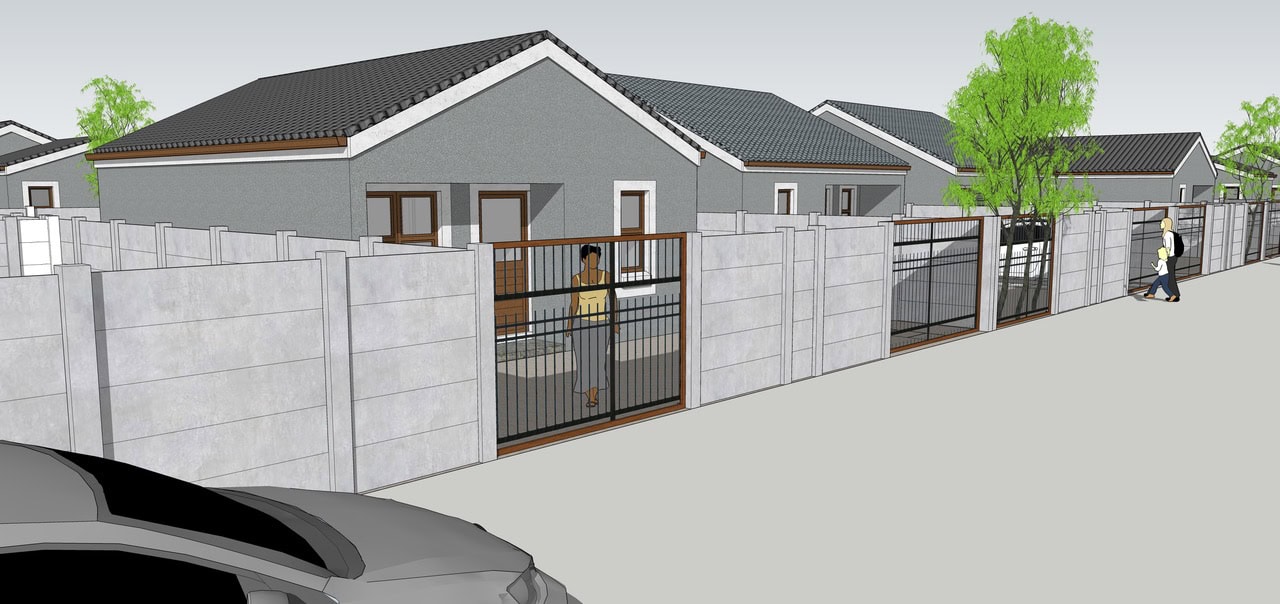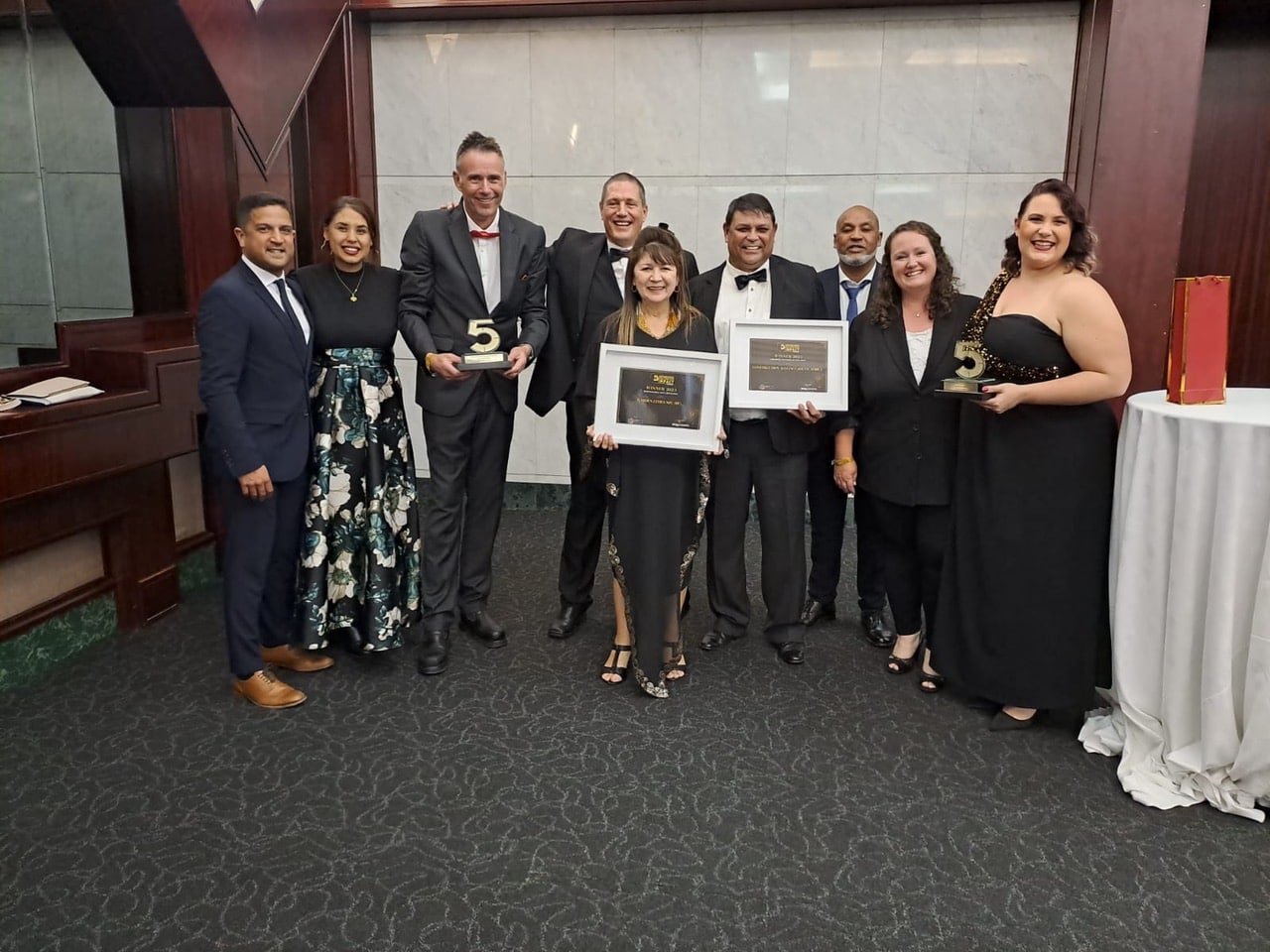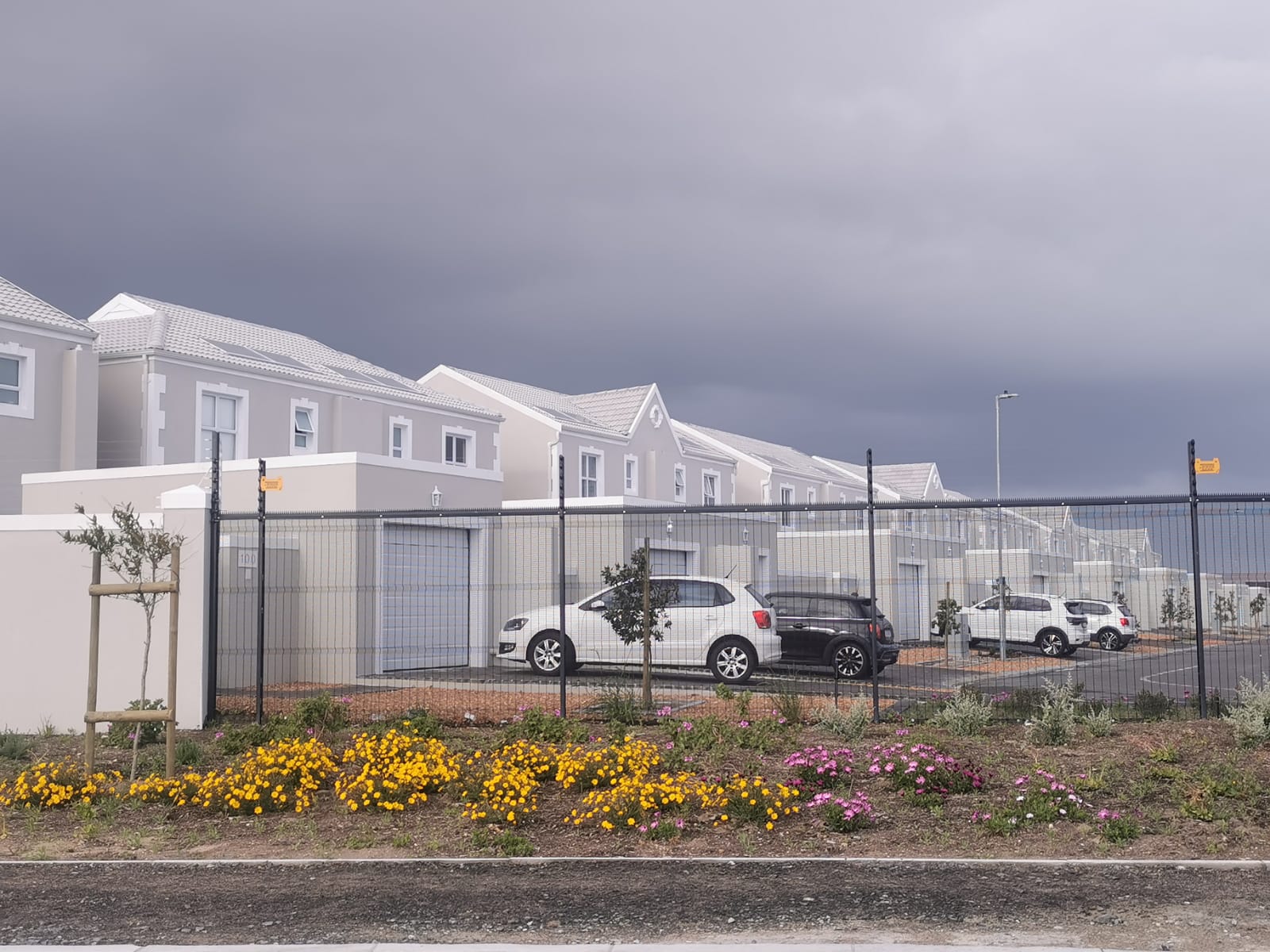The Green Building Council of South Africa (GBCSA) has awarded a 4-star Green Star Sustainable Precinct certification – the first in Africa – to a project that will be built by historic Cape Town development company, Garden Cities NPC (RF), as a further phase of its flagship Cape West Coast suburb, Sunningdale.
John Matthews, Group CEO of the company, which celebrates its Centenary this year, has welcomed the award as a fitting acknowledgement of Garden Cities’ leading role in the green building movement. Commenting on the 46.3 out of a targeted 48.3-point score achieved for the project, he said it reflected the company’s efforts to meet the highest possible levels of sustainability, standards and quality of life for residents of its suburbs.
The award was made to the planned Northridge Coastal Village (Sunningdale Phase 13A) after assessment of the project by the GBCSA, applying key criteria contained in the council’s Sustainable Precincts tool that evaluates large scale development projects at a precincts or neighbourhoods level. Unlike the other Green Star tools, the emphasis is on the site-wide, rather than building-specific issues. The tool rates the planning, design and construction of a precinct only and it does not rate specific buildings or assess its operation.
Manfred Braune, Green Building Council South Africa’s Chief Technical Officer said it was the GBCSA’s objective to inspire growth and innovation in the property sector through initiatives that demonstrate South Africa’s ability to effectively place environmental issues at the heart of design, building and operation to achieve better, greener buildings, and now precincts.
Founder of Terramanzi Group, Fabio Venturi and teammate Claire Holton, the sustainable design consultants tasked with this ground-breaking certification, said they felt a massive sense of relief and achievement following a rigorous certification process in which their work was vetted by both the Green Building Council of South Africa and the Green Building Council of Australia. Venturi attributes the remarkable achievement to dedicated teamwork and collaboration. He said the process had been driven by a talented professional team partnered by a passionate client, whose commitment to sustainability helped the design reach its full potential in line with global sustainable design benchmarks.
During its 100-year history, Garden Cities has prioritised sensitive development and environmental awareness and sustainability in the 16 suburbs and developments it has created.
In 2012 the company produced its initial Green Policy, Green Framework, and a supporting Home Owners’ Guide – a living document which is consistently updated. Subsequently the company has produced Supplier, Consultant and Contractor Greening Guides as part of greening the value chain. With an over-arching vision document, the guides cover a spectrum of green concerns – water, energy and materials.
‘The next logical progression for Garden Cities is to achieve our objective of ‘zero waste to landfill’ in all our projects,’ said Renier Smith, Group Manager, Engineering and Planning.
‘The GBCSA’s Green Star Sustainable Precinct Tool aligns perfectly with our vision to ensure environmentally sustainable developments with minimal impact.
‘We have come to the realisation that the only way to attain radical goals that were once thought to be the unachievable, is to formalise and implement them with focus and drive,’ said Smith.
Venturi applauds what he describes as a visionary and committed approach by Garden Cities. ‘With pressing global climate change and resource challenges there has never been a more appropriate time for bold leadership in the property sector to create a meaningful and measured difference on this planet for now and for generations to come.
Apart from its impact on sustainability, said Manfred Braune, there was a compelling business case for green building. ‘Studies continue to show dramatic increases in quality of life for occupants of sustainably built homes, offices and schools. One of the key factors in this improvement is better quality of indoor air and light which is beginning to influence decisions made by tenants and potential buyers.
‘The demand for green buildings is growing rapidly, as property developers and property owners become more aware of their environmental footprint and the cost benefits of building green, and tenants favour energy efficient and more productive spaces.
‘Building green is no longer a lofty ideal. We can now see the tangible benefits that are tied to sustainability in the African context and the fact that within three years the South African industry anticipates that there will be a much higher level of green building activity is encouraging.’





